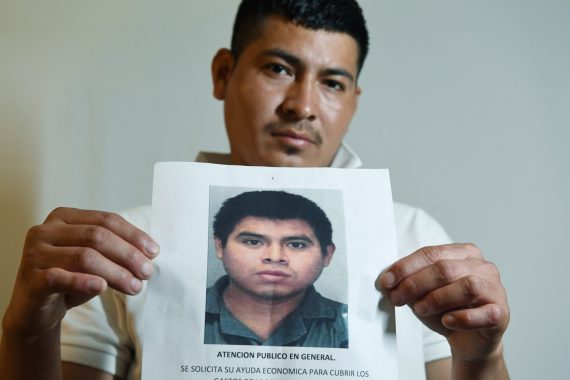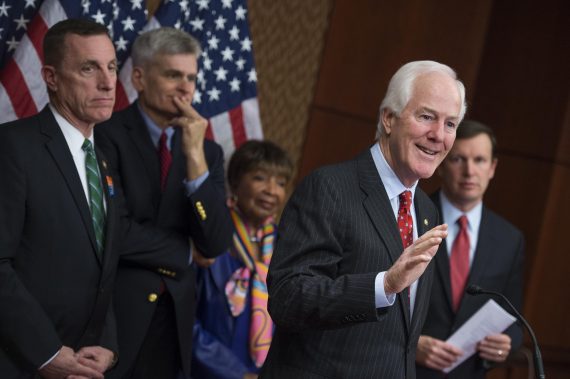(This four minute video is worth watching.)
(12-22-16) Rep. Tim Murphy (R. Pa.) gave a powerful pre-Christmas speech today about passage of this year’s major mental health bills, which were part of the 21st Century Cures Act. The only practicing psychologist in Congress, Murphy began his crusade for better mental health care after the December 2012 Sandy Hook Elementary School shootings in Newtown, Connecticut.
I was proud to be one of the first parents called to testify before Murphy’s first exploratory mental health hearing in the House. And I have watched him tirelessly and relentlessly push his legislation during the past four years, never doubting that he would someday get his Helping Families in Mental Health Crisis Act passed into law.
We can only hope that the new administration will appoint and the U.S. Senate will confirm an Assistant Secretary for Mental Health and Substance Abuse who will be a strong and wise enough leader to pull every fraction together and move our nation forward in finally providing meaningful mental heath care in every community to those who need it.
That would be a fabulous Christmas present for all of us.






